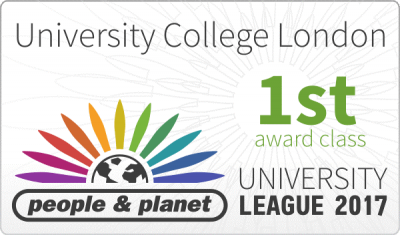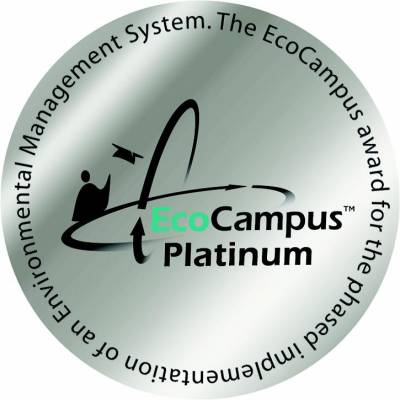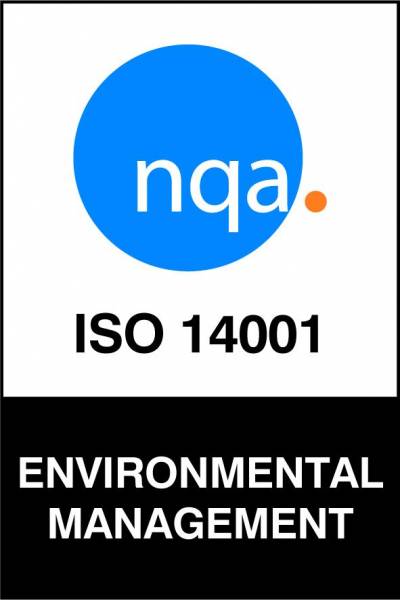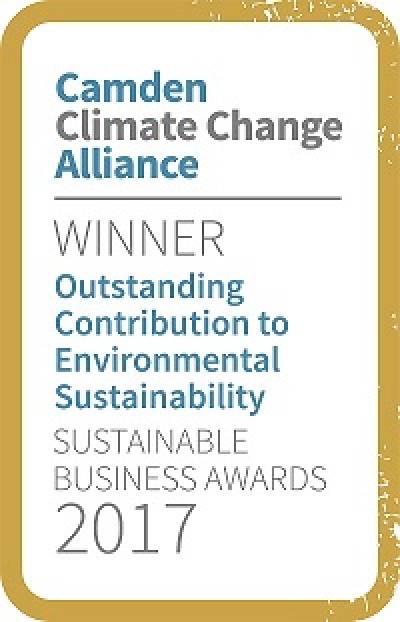Have your say on the Mayor's new proposals to improve Air Quality
7 December 2016
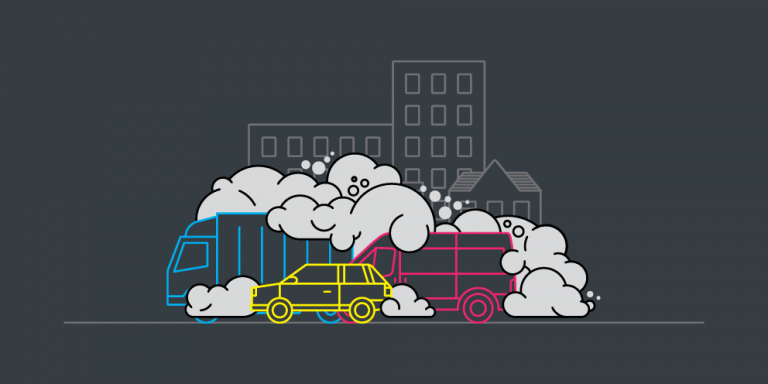
Every year, around 9,400 deaths in London are attributed to illnesses related to air quality. As part of his Clean Air Action Plan, the Mayor is asking Londoners for their views on a number of proposals to improve the air that we all breathe. Further detail about the proposals and how to have your say are provided below.
In September 2020 a new Ultra-Low Emissions Zone (ULEZ) is scheduled to come into operation in London. Covering the same area as the current congestion charge, the ULEZ will mean vehicles which do not meet safe emissions limits will be subject to an extra cost for driving in central London.
The ULEZ is being introduced to help improve air quality in London, which is currently amongst the most polluted cities in Europe. Emissions of Nitrous Oxides (NOx) from diesel vehicles are the largest contributor to this. These emissions adversely affect respiration and are known to be carcinogenic. NOx levels in central London are extremely high and frequently exceed the legal safe limits.
The Proposals
The Mayor of London and TFL are currently running a consultation on how the ULEZ might be developed in the future. The consultation contains 3 proposals around the future expansion of the zone and timing of its introduction. These are:
To bring forward the introduction of the ULEZ by one year to 2019
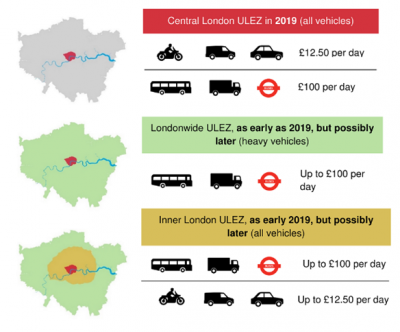
- And one of two options:
o To extend the ULEZ London-wide for HGVs, buses and coaches and to keep the existing zone for all other vehicles
o To extend the ULEZ to North/South Circular roads (inner London) for all vehicles
As UCL is within the congestion charge zone, whichever option is chosen will mean that all vehicles travelling to our Bloomsbury campus will be subject to the new charge. However, the options above would have dramatically different impacts on the overall air quality in the city.
What is UCL doing to improve London’s air quality?
Poor air quality is one of the major barriers to walking and cycling in London. As part of UCL’s commitment to sustainable travel we have a responsibility to improve the environment in which our students, staff and neighbours live and work. As a city-centre university with good public transport links, UCL’s biggest traffic impact is from our construction and refurbishment projects.
As part of the Transforming UCL programme, we have made use of the London Construction Consolidation Centre. This allows individual deliveries to be made to a common warehouse outside central London, from where different materials can be transported to our sites as part of a larger shared load. This has reduced the volume of HGV traffic passing through the Bloomsbury campus.
UCL has also taken action to reduce the level of emissions produced by our energy consumption. We have replaced older gas boilers on our District Heating Network with new more efficient models and we now only use our oil boilers in an emergency. Our Sustainable Building Standard require our contractors to use the most efficient equipment and materials in our construction and refurbishment projects.
 Close
Close



